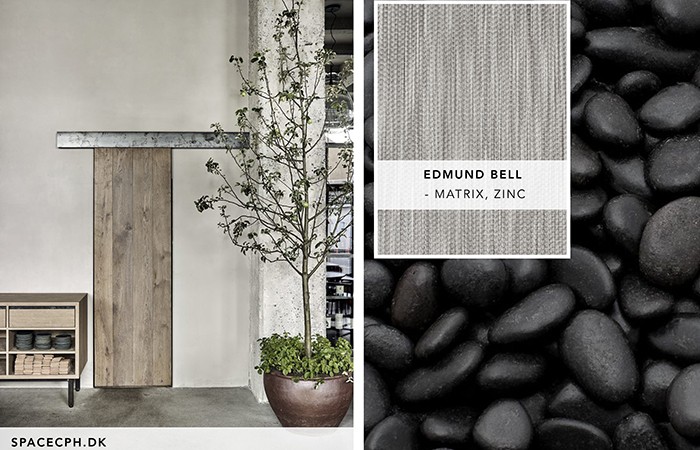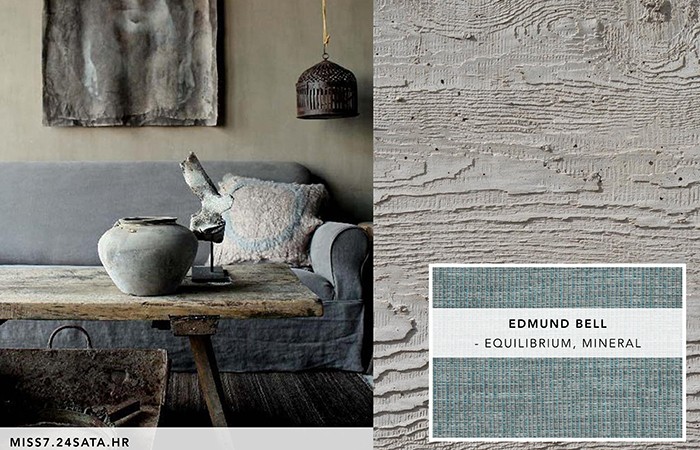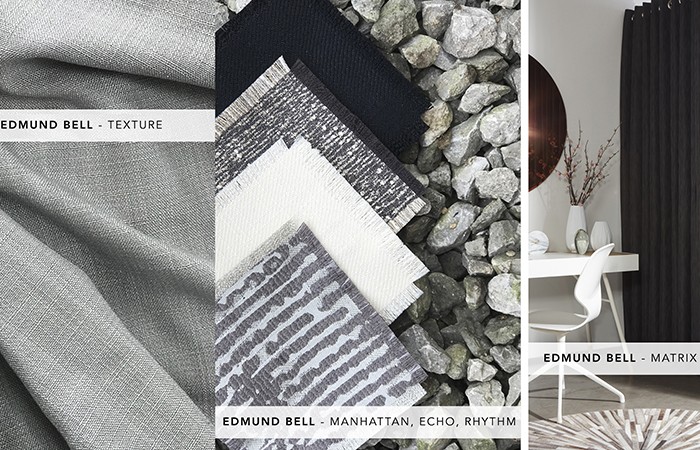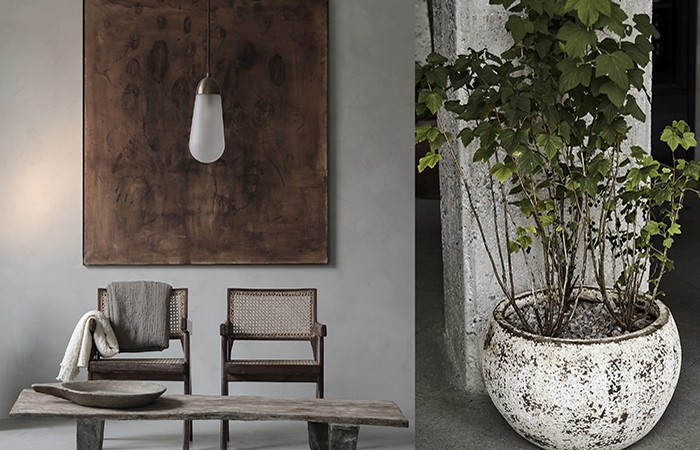Edmund Bell: Raw Japanese
Following on from Edmund Bell’s China Girl blog, the second trend they explore in their Global Traveller series is Raw Japanese.
Wabi Sabi has become synonymous with typical raw Japanese style and the epitome of simple living. It’s no secret the Japanese really do like their interiors super simple; a hymn to the imperfect characters of nature, tracing their origins back to the 15th century and an adverse reaction to the opulence and ornament of the Dynasty Imperials.
A definition is always a good place to start: Wabi = anything simple and fresh, Sabi = the charm old things provide when they are weathered.
In traditional Japanese aesthetics, Wabi-sabi (侘寂) is a world view centred on the acceptance of transience and imperfection. The aesthetic is sometimes described as one of beauty that is “imperfect, impermanent, and incomplete”.
It is a concept derived from the Buddhist teaching of the three marks of existence (三法印 sanbōin); specifically impermanence (無常 mujō), suffering (苦 ku) and emptiness or absence of self-nature (空 kū).
Characteristics of the wabi-sabi aesthetic include asymmetry, roughness, simplicity, economy, austerity, modesty, intimacy, and appreciation of the ingenuous integrity of natural objects and processes.” (Source: Wikipedia)
Wabi Sabi can be easily transferred into calm interior living; think lack of ornament, lots of natural daylight, natural materials like linen, cotton and silk, simple interiors and lack of fuss.
So, we see that there is beauty in the old and the natural, a flawed beauty that elevates imperfection. The perfect imperfections of Wabi Sabi…..you’ll love it!
Contact Edmund Bell through the BCFA Product Finder








